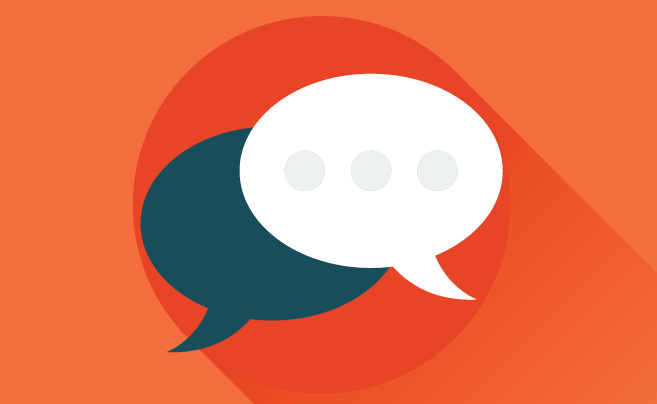Ray Tomlinson sent the first email back in 1971. 45 years on, the future of email seems doubtful. Like all good relationships, the early days were exciting. From AOL’s iconic “You’ve Got Mail” to the ability to send anyone anything at any time seemed all too good to be true. And then came the bad bits. The spammers, the phishers, our good friends from Nigeria and junk mail are all good examples. Then emerged the many and varied attempts to manage it all via systems of folders, spam filters and the urge for “zero inbox”. Today we have arrived at a point for many where email = work. But in many cases it is really email = work and / or personal stuff.
According to a recent Reuters Poll, workers “estimated they spend 6.3 hours a day checking emails, with 3.2 hours devoted to work emails and 3.1 hours to personal messages”. Further “Forty percent said they had tried a self-imposed email detox, of which 87 percent lasted an average of five days.
As a tool, email has become pervasive and yet heavy and inefficient. It feeds our flawed belief that busy-ness (multi-tasking) equates to efficiency.
It also draws us into an environment that in many cases includes external parties pitching you rather than you driving the agenda of each day. So it hurts our ability for single point of focus for any length of time. We experienced that at our company so two years ago switched from email to an instant messaging platform. We took a look at Hip Chat, Skype, WhatsApp and Slack.
Firstly, what do these instant messaging platforms offer? In the simplest of terms, they allow a company to create a closed environment where team members from anywhere in the world can communicate, collaborate on projects in real time. Many of them work seamlessly between mobile and desktop allowing flexibility and the ability to work on the move. There are free options and paid options offering enhanced message search and storage options.
Teams within an organisation join different “channels’ using hash tags as identifiers. In our case, for our US team, we have #americachat. Topics there focus on the US operation. For our EU team we have #eurochat. We then have channels for other functions across product development, marketing, sales etc. All topics are searchable and every imaginable integration is available to support attachments. As we have people across the globe, the #random channel substitutes for the water cooler. Weekend updates and jokes are shared there. You can also direct message anyone as well as make audio and video calls if you are on the paid version.
In the case of Slack the platform we have chosen, it also offers a very cute random gif generator to add some colour to your internal messaging. They also have a “Slackbot” that can be asked to remind you of things that need to happen. Another great feature is seeing who is online – helpful when managing expectations across different time zones. In development are tools that can send an automated all-team message at the start of each week asking what everyone is working on. Responses are correlated and sent back to the team so there is visibility across the organisation regardless of where everyone sits around the world.
So have we improved our productivity? We can say we are more focused because when we work in instant messaging, we are working with our colleagues, focused on the relevant tasks at hand to create value. You can indeed still get distracted but it is within the messaging system so it is all within the work context. In doing this, when you do choose to check email, you know what to expect: external parties reaching out to you, whether they are customers, suppliers, the media etc. And knowing that is very helpful to your mindset as you attack each day.
Email is still alive and kicking and still serves a purpose (for now) but instant messaging has emerged as a key tool for us in getting the job done.







